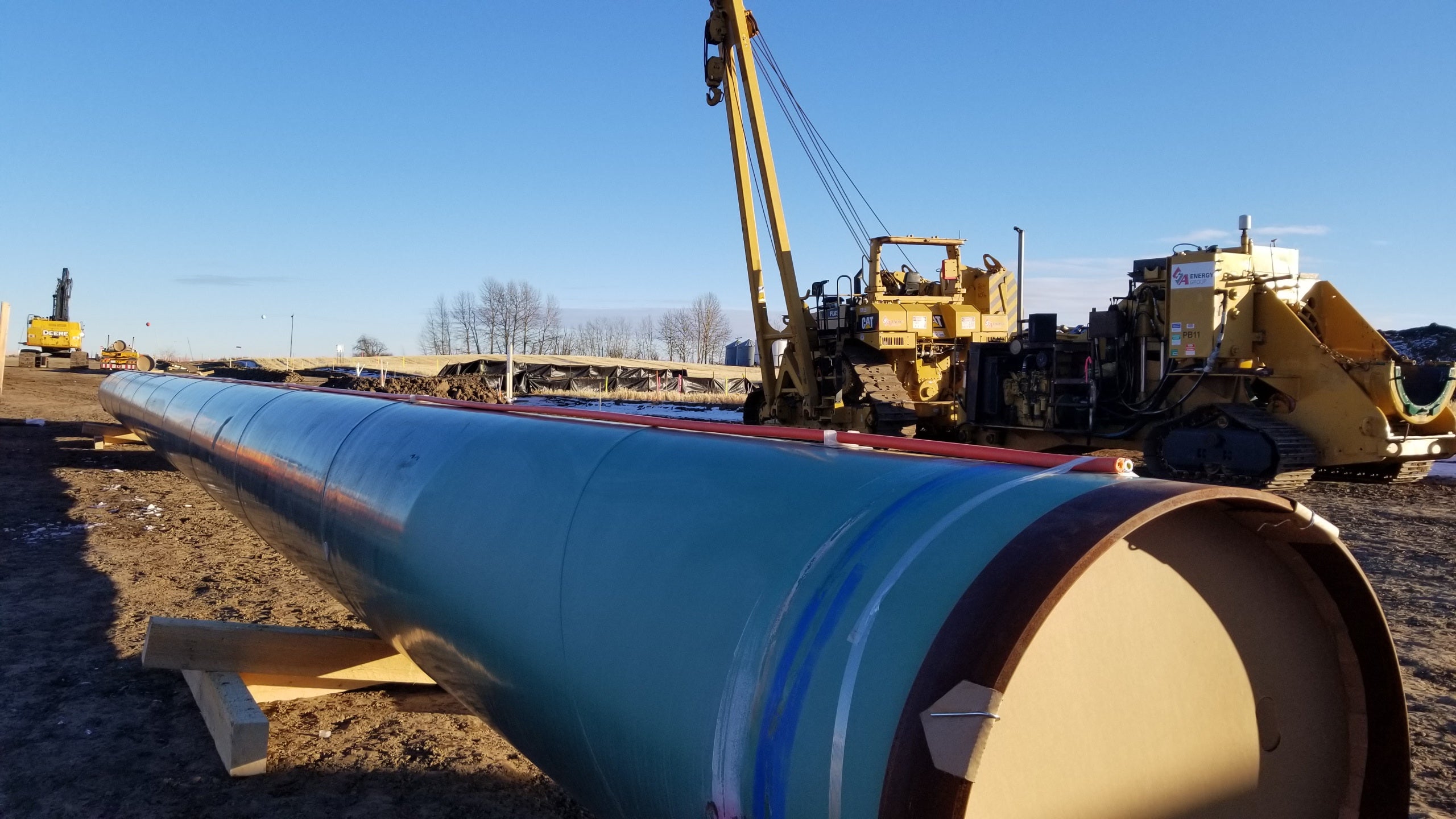
The government of British Columbia’s appeal of the CAD7.4bn ($5.67bn) Trans Mountain expansion project (TMX project) has been unanimously dismissed by the Supreme Court of Canada.
The provincial government had appealed against a decision made by the British Columbia Court of Appeal (BC Court of Appeal) in favour of the pipeline expansion project. In its ruling made in May 2019, the BC appeals court ruled that the provincial government does not have the constitutional authority to stop the project.
Following the decision in the provincial court, the BC government sought to known from Canada’s apex court whether it has jurisdiction on what is transported through the Trans Mountain expansion project from Alberta. However, the court ruled that the control over the contents of the pipeline project is completely under the jurisdiction of the Canadian government, reported CTV News.
British Columbia Premier John Horgan said: “Clearly, we are disappointed by the decision, but this does not reduce our concerns regarding the potential of a catastrophic oil spill on our coast.
“Our government takes our responsibility to defend the interests of British Columbians seriously. When it comes to protecting our coast, our environment and our economy, we will continue do all we can within our jurisdiction.”
Trans Mountain expansion project details
The pipeline expansion project involves the twinning of the 1,150km-long existing Trans Mountain Pipeline, which was constructed between Strathcona County near Edmonton and Burnaby in British Columbia (BC). It has been taken up to increase the capacity of the Trans Mountain pipeline from 300,000 to 890,000 barrels of oil per day.
In June 2019, the Canadian government approved the pipeline expansion project on the basis that it was in national interest. In December 2019, the project officially broke ground near Edmonton in Alberta.
The Canadian government owns both the Trans Mountain pipeline and the associated expansion project.
Alberta Minister of Justice and Solicitor General Doug Schweitzer said: “British Columbia’s own top court was clear that the proposed law is ‘an… existential threat to a federal undertaking that is being expanded specifically to increase the amount of oil transported through British Columbia.’ The B.C. court’s decision was an affirmation of the unique economic union among Canada’s provinces.
“Building the TMX and ensuring a fair price for our natural resources will create thousands of new jobs and increased prosperity that will benefit the entire country.”




